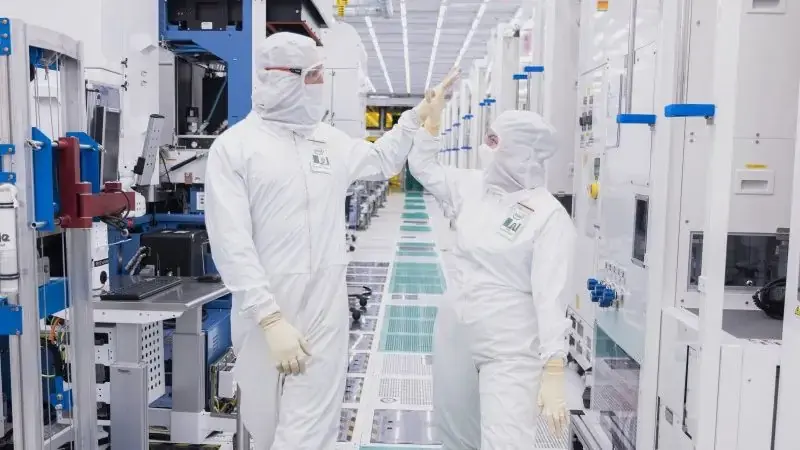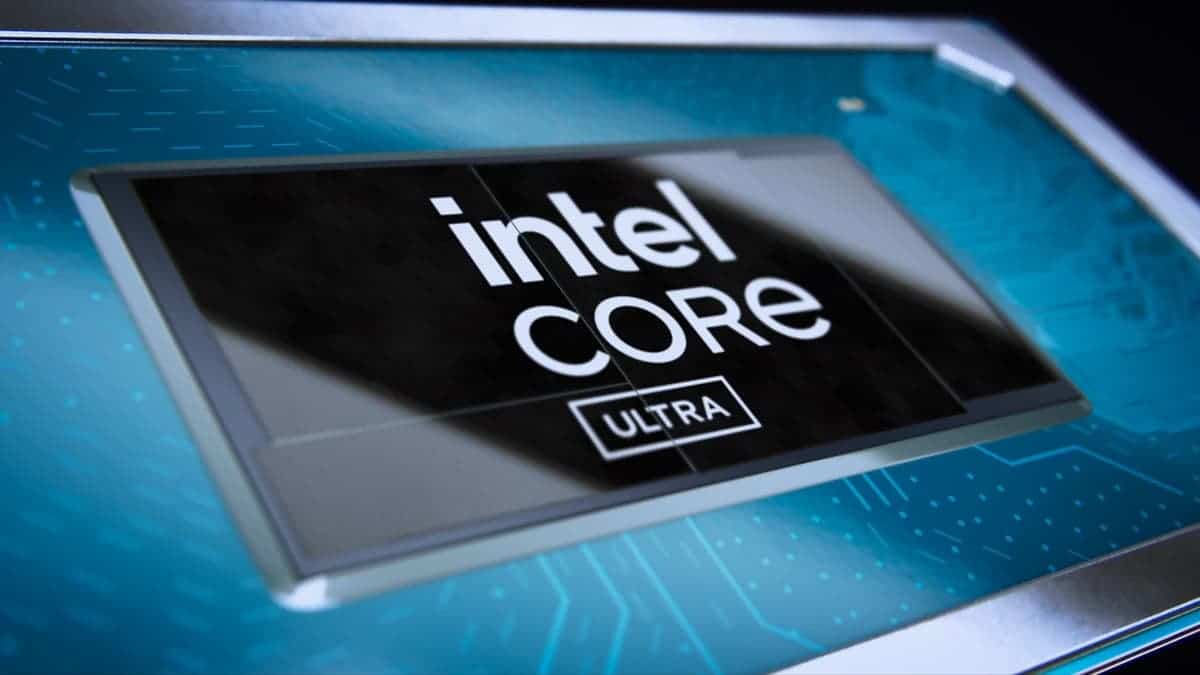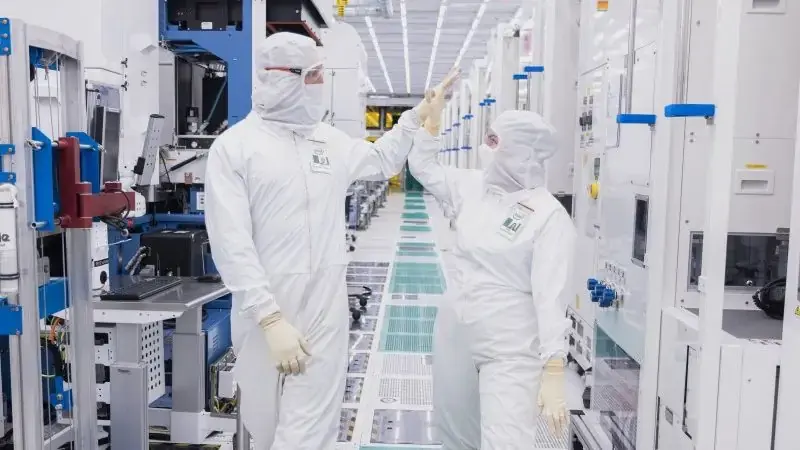Intel CEO Pat Gelsinger has reiterated that the company has no plans to spin off its foundries, despite investor pressure to do so. In a recent interview, Gelsinger stated that “the idea of the internal foundry model, we think, is the right path for us in the current environment.” This decision comes after Intel struggled with its 10nm process technology a few years ago. This led some investors to suggest that the company would be better off spinning off its chip production into a separate entity and focusing on chip design instead. However, Intel opted to keep chipmaking in-house, even going as far as to create Intel Foundry Services (IFS) to use those facilities to do contract work.

Background
When Pat Gelsinger took over as CEO of Intel in 2021, the company had “lost its way,” he says. For Gelsinger, who was returning to the chipmaker where he’d once been CTO, the plan was to invest and rebuild. Intel’s Programmable Solutions Group Spin-Off Plan: 6 Big Things To Know marks yet another major change for the semiconductor giant under Pat Gelsinger, who has offloaded several other businesses to sharpen Intel’s focus on chip manufacturing and design. Intel carefully considered its options and proceeded to replace its CEO as a first measure. As the new Intel CEO, Pat Gelsinger clearly stated that Intel will remain an integrated design manufacturer.
Expert Opinion
Tirias Research principal Jim McGregor has offered a long-term solution to address Intel’s manufacturing issues. This issue resulted in numerous delays in recent years. A few years ago, there were reports that certain Intel investors urged the corporation to take more dramatic measures to correct the situation. This implies that the company could need to divest itself of some acquisitions from the previous decade and possibly contemplate spinning off its fabs. Intel thoroughly studied its alternatives before deciding to replace its CEO as a first step.
Pat Gelsinger, Intel’s new CEO, has indicated unequivocally that Intel would continue to be an integrated design manufacturer (i.e. retain its fabs) and may outsource specific lineups to external fabs (TSMC). This plan may continue to irritate some Intel shareholders, but McGregor feels it is the best option for the near future. Nonetheless, if Intel wants to remain competitive and avoid manufacturing issues, it should seriously examine a long-term strategy for spinning off its fabs.
Gizchina News of the week

Instead of selling all of its factories one by one, McGregor intends to make a more strategic move. Intel has already invested heavily in existing fabs and is currently constructing new ones, so why not extend its production capacity even further by acquiring GlobalFoundries from the Abu Dhabi Government-controlled Advanced Technology Investment Company (ATIC)?
GloFo is already the world’s third-largest foundry, and while it presently lacks sub-10 nm manufacturing nodes to compete with Samsung or TSMC, its locations in Germany, Singapore, and the United States allow it to offer considerable fab capacity. Intel might also obtain an experienced management team and workers who are used to working with external customers. Intel should delegate integration to the GloFo team and perhaps gain even more capacity with what GloFo is now creating, including the new fab from Matla, New York.
Pat Gelsinger remains resolute
However, Pat Gelsinger said in a recent interview that Intel is currently not spinning off chips. He said that at the moment, there is absolutely no plan to spin off the foundry business. Gelsinger said Intel will not spin off its foundry business but will release separate financial reports starting in the second quarter of next year. Intel hopes to balance its chip development department and foundry business through internal reorganization to better safeguard the assets and power of third-party customers. Gelsinger said that most orders for the foundry business currently come from Intel itself, and it is more profitable to keep the structure of the two areas unified.
Author Bio
Efe Udin is a seasoned tech writer with over seven years of experience. He covers a wide range of topics in the tech industry from industry politics to mobile phone performance. From mobile phones to tablets, Efe has also kept a keen eye on the latest advancements and trends. He provides insightful analysis and reviews to inform and educate readers. Efe is very passionate about tech and covers interesting stories as well as offers solutions where possible.







